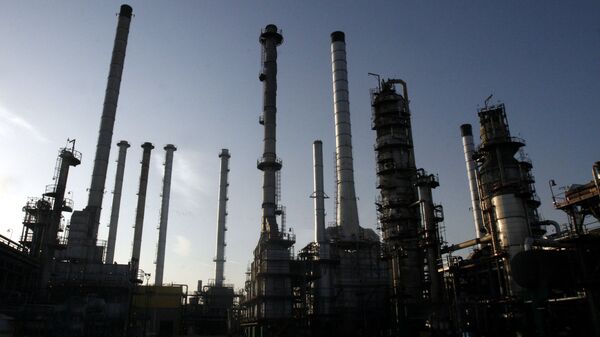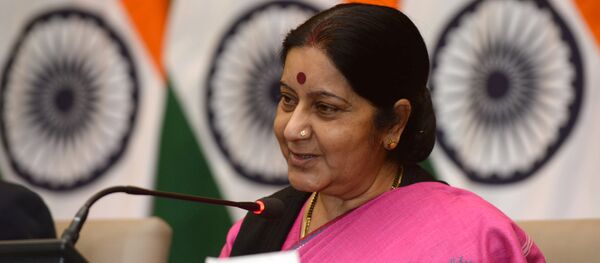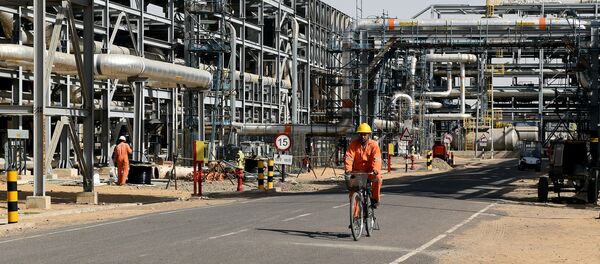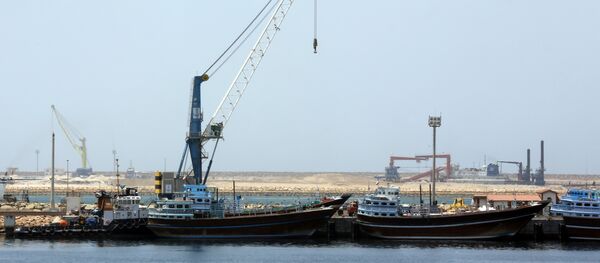The Trump administration's strict warning to Asian buyers to stop buying Iranian crude from November this year has evoked mixed signals from India.
Foreign Minister Sushma Swaraj publicly declared that India is not bound to adhere to sanctions unilaterally imposed by any country or entity other than the UN. However, according to some media reports, Indian Petroleum Minister Dharmendra Pradhan last week in a meeting with the state refiners asked them to be ready to witness drastic cuts in imports from the Islamic Republic.
Indian oil minister Pradhan: “We know (that) to have a healthy energy mix, we can get oil from anywhere. The rest depends on geopolitics, and those decisions will be taken based on the situations. We will go by our interests. When we decide anything on Iran, we will inform you.” https://t.co/Agv6ZNX9SJ
— Jeff M. Smith (@Cold_Peace_) June 28, 2018
Sputnik: Do you see India agreeing with US sanctions and stopping oil trade with Iran?
Arvind Virmani: Such sanctions were imposed in the past and India managed it well. India has enough experience to deal with such scenarios, even if circumstances change every now and then.
Narendra Taneja: Buying oil is a commercial activity and Indian oil importers should continue to import from Iran if ships are available from international ship-owners and oil shipments can find insurers.
Secondly, trade is usually carried out by corporations — which are afraid of falling afoul of the US regulators and losing access to the global financial system — so companies will automatically cut down their trade with Iran. This is the real reason for the effectiveness of sanctions. So trade is going to suffer.
READ MORE: US a ‘Rogue Nation’ as State-Run Chinese Media Widens Global Charm Offensive
Sputnik: Chabahar is a critical component in the New Delhi-Tehran relationship. The Trump administration is indicating that it will not take a lenient view on this investment as well. Do you see India abandoning this project in midway?
Arvind Virmani: Chhabhar is critical to Afghanistan and important for many countries, including India. I am very hopeful that the US will be persuaded of its importance to the successful achievement of US's own goals in Afghanistan.
Narendra Taneja: Chabahar is a strategic project for both India and Iran. For New Delhi, India's national interests come first and should come first.
READ MORE: Not a Single Asian State Will Rush to Join US Sanctions on Iran — Scholar
Sputnik: Iran has been planning to allow private firms to export crude oil to avoid US sanctions. Do you think this will work?
Arvind Virmani: Policies which are turned on and off whenever sanctions are imposed/removed tend not to be very credible.
Narendra Taneja: Buying oil is a commercial activity that involves public as well as private players at both ends.
The views and opinions expressed in this article are those of the speakers and do not necessarily reflect those of Sputnik.




